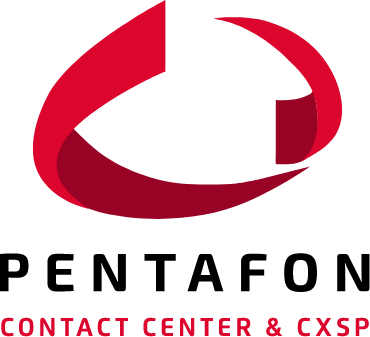The Growth and Evolution of Debt Collections in the U.S. BPO Sector
The Business Process Outsourcing (BPO) industry is a cornerstone of global operations, with a market valued at over $250 billion in 2024 and growing as companies seek to reduce costs and improve efficiency. Debt collections, in particular, have become a highly sought-after specialty, with the U.S. leading the charge.
In the U.S., the BPO sector includes over 262,000 companies, a 3.8% increase from last year. California, Florida, and Texas dominate the landscape. Early collections and pre-collections are gaining traction, with a focus on leveraging technology and customer experience to resolve past-due payments efficiently.
The Role of Early Collections and Pre-Collections in BPO
Early collections and pre-collections are critical in managing delinquent accounts, especially as U.S. credit card debt hits $1.08 trillion—its highest level since 1999—and delinquency rates climb to levels not seen since 2011. These services help companies mitigate financial risk by addressing overdue payments before they become uncollectible.
What are Early Collections?
Early collections occur when a payment is less than 30 days overdue. BPOs use phone calls, emails, text messages, and even letters to remind customers of their obligations and offer solutions, aiming to resolve the debt before more severe measures are needed.
What are Pre-Collections?
Pre-collections (or early-out collections) address accounts that haven’t yet reached a critical stage of delinquency, often seen in healthcare or industries like telecoms and utilities. This process helps organizations recover accounts before they escalate into major financial issues.
Strategies and Tools Used in Early Collections and Pre-Collections
BPO companies are increasingly turning to advanced technology and empathetic communication to boost collections effectiveness. Key strategies include:
-
Omnichannel Communication: Engaging customers via their preferred channels, such as SMS, phone, email, or messaging apps like WhatsApp. Studies show 37% of customers prefer SMS, while 22% opt for WhatsApp.
-
Intelligent Automation: Utilizing chatbots, automated systems, and predictive analytics to streamline the collections process and tailor outreach based on payment history.
-
A/B Testing and Customer Segmentation: Companies use data-driven insights to refine communication strategies and maximize payment recovery while enhancing customer experience.
Key Success Factors in BPO Collections
To stay competitive, BPOs must focus on:
-
Regulatory Compliance: Adapting to evolving state and federal regulations, such as the Fair Debt Collection Practices Act (FDCPA), is crucial for avoiding penalties and maintaining a positive reputation.
-
Agent Training: Agents need to master negotiation techniques alongside empathy and active listening skills, which can make the difference between reaching an agreement and facing resistance.
-
AI and Predictive Analytics: While 40% of BPOs see AI as a key opportunity, many struggle to implement these technologies effectively.
The Future of BPO Collections: Technology Meets Human Touch
The future of collections in BPO blends automation with human interaction. AI tools can reduce costs and boost efficiency, but human involvement remains essential for handling complex cases and providing a personalized touch. Digital portals and mobile apps make self-collection easier, while chatbots handle routine inquiries, freeing agents for more nuanced interactions.
What This Means for BPOs Moving Forward
As regulations evolve and customer expectations rise, BPOs specializing in collections must strike the right balance between technology and human engagement. By embracing advanced tools like AI while maintaining a customer-centric approach, companies can improve recovery rates and build stronger, lasting relationships.
If your business seeks to optimize its collections or explore new pre-collections strategies, reach out to us for innovative, tailored solutions that meet your needs.


